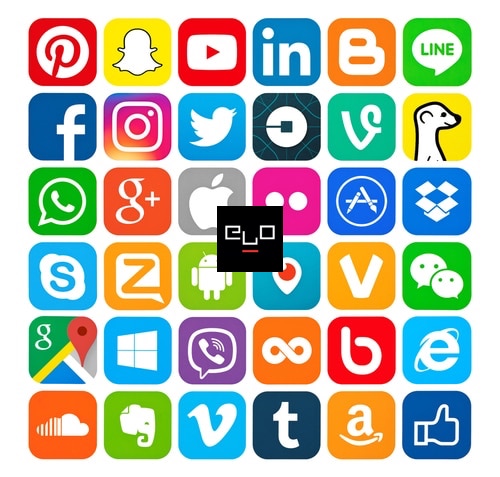Calls
-
ELO22 Call for Proposals (May 30-June 1)
ELO22 Call for Proposals Conference: May 30-June 1, 2022 Deadline: January 7, 2022 #ELOitalia Submit via EasyChair. The HStudies Research Group of the University of Jyväskylä (Finland), with the University… Read more.
·
-
Call for ELO Research Fellows 2022
Deadline: September 19, 2021 The ELO is continuing its expansion of scholarly activity, creative, and curatorial practices with the appointment of five graduate and early career Research Fellows for 2022,… Read more.
·
-
Call for Nominations to the ELO Board of Directors
The Electronic Literature Organization seeks engaged members of the ELO community for three open seats on the ELO Board of Directors (BoD). The BoD is a working board dedicated to… Read more.
-
Call for Proposals: ELO 2022 Conference
The Electronic Literature Organization (ELO) seeks proposals to host the ELO 2022 Conference, Festival, and Media Arts Exhibition (ELO Conference, for short). Given the progress made with vaccinations and addressing… Read more.
-
CFP: Emerging Spaces for E-Lit Creations
Call for Proposals: Emerging Spaces for E-Lit Creations The electronic literature community has developed many online publications (‘zines and similar resources) that feature Web-based technologies and have typically taken the… Read more.
-
Call for Proposals for ELO 2021 Conference
The Electronic Literature Organization (ELO) seeks proposals to host the ELO 2021 Conference and Festival. Given the uncertainty surrounding the Covid-19 pandemic the ELO wishes to protect its community by… Read more.
-
ELO Amplify Anti-Racism Fellowships (June 21)
In the spirit of protest, change, and justice, and in an attempt to further strengthen its EDI (Equity, Diversity, Inclusion) framework, the Electronic Literature Organization invites applications for two dedicated… Read more.
·
-
Call for ELO Research Fellows 2020/21 (May 31)
Call for ELO Research Fellows 2020/21 Deadline: May 31st, 2020 The ELO is expanding its scholarly activity, creative, and curatorial practices with the appointment of six graduate and early career… Read more.
-
ELO Call for MLA abstracts
Call for Abstracts We are calling for abstracts for a potential Special Session hosted by Electronic Literature Organization at the Modern Language Association’s convention to be held in Toronto from… Read more.
-
ELC4 Deadline Extended (April 19)
EXTENSION: New deadline April 19 The submission page is here. We are extending the deadline for submissions to the Electronic Literature Collection Volume 4 to April 19th. We appreciate that… Read more.
·

